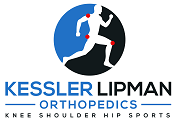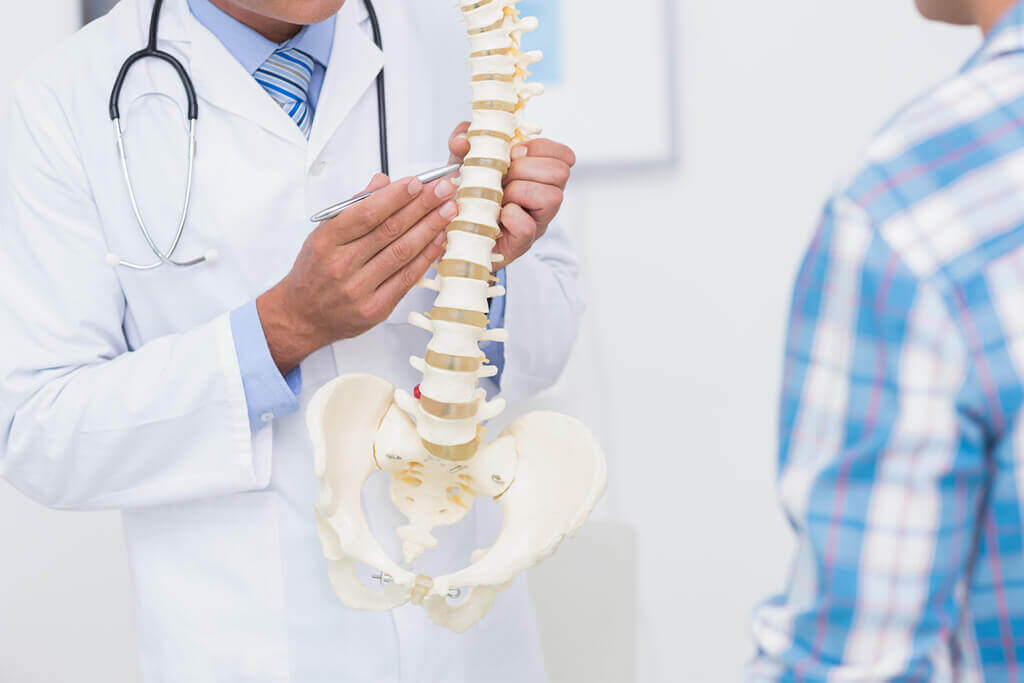Shoulder Rehabilitation
Introduction
Shoulder rehabilitation can reduce pain and restore function to an injured shoulder. The shoulder moves in more directions and to greater extents than any other joint in your body. However, because it performs so many movements, the shoulder is vulnerable to stress and injury. Shoulder injuries are very common, especially among those who play sports or have jobs with overhead arm motions. Shoulder conditions that are frequently treated in rehabilitation include rotator cuff injuries, fractures, dislocations, and joint, nerve, or muscle disorders.
Treatment
In general, therapy is geared to first regain or maintain range of motion. Strength and stability training usually begin after range of motion has improved. Specific exercises are gradually added with the goal of returning the patient back to their sport and or normal work activities.

Copyright © - iHealthSpot Interactive - www.iHealthSpot.com
This information is intended for educational and informational purposes only. It should not be used in place of an individual consultation or examination or replace the advice of your health care professional and should not be relied upon to determine diagnosis or course of treatment.
The iHealthSpot patient education library was written collaboratively by the iHealthSpot editorial team which includes Senior Medical Authors Dr. Mary Car-Blanchard, OTD/OTR/L and Valerie K. Clark, and the following editorial advisors: Steve Meadows, MD, Ernie F. Soto, DDS, Ronald J. Glatzer, MD, Jonathan Rosenberg, MD, Christopher M. Nolte, MD, David Applebaum, MD, Jonathan M. Tarrash, MD, and Paula Soto, RN/BSN. This content complies with the HONcode standard for trustworthy health information. The library commenced development on September 1, 2005 with the latest update/addition on February 16, 2022. For information on iHealthSpot’s other services including medical website design, visit www.iHealthSpot.com.


